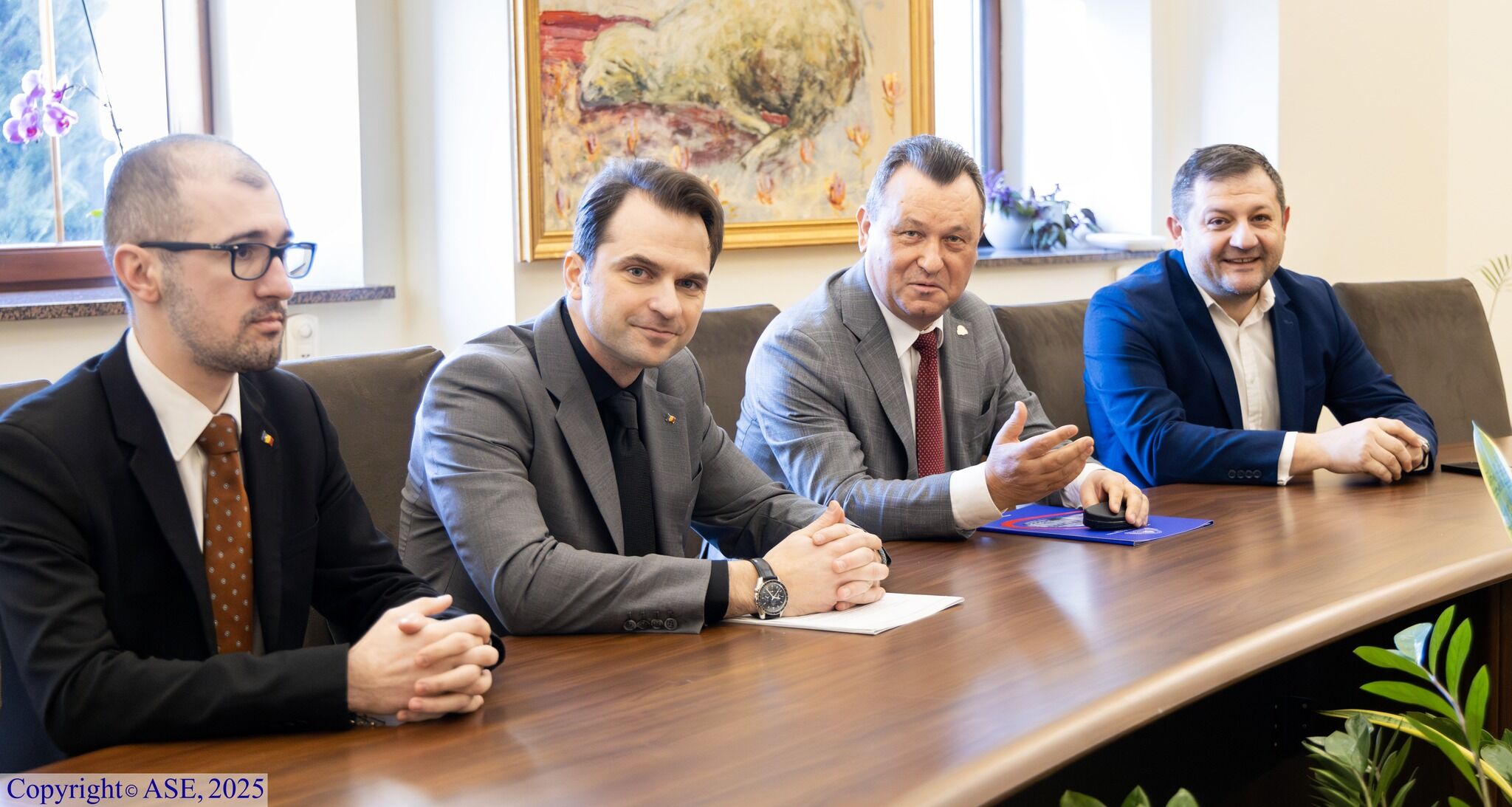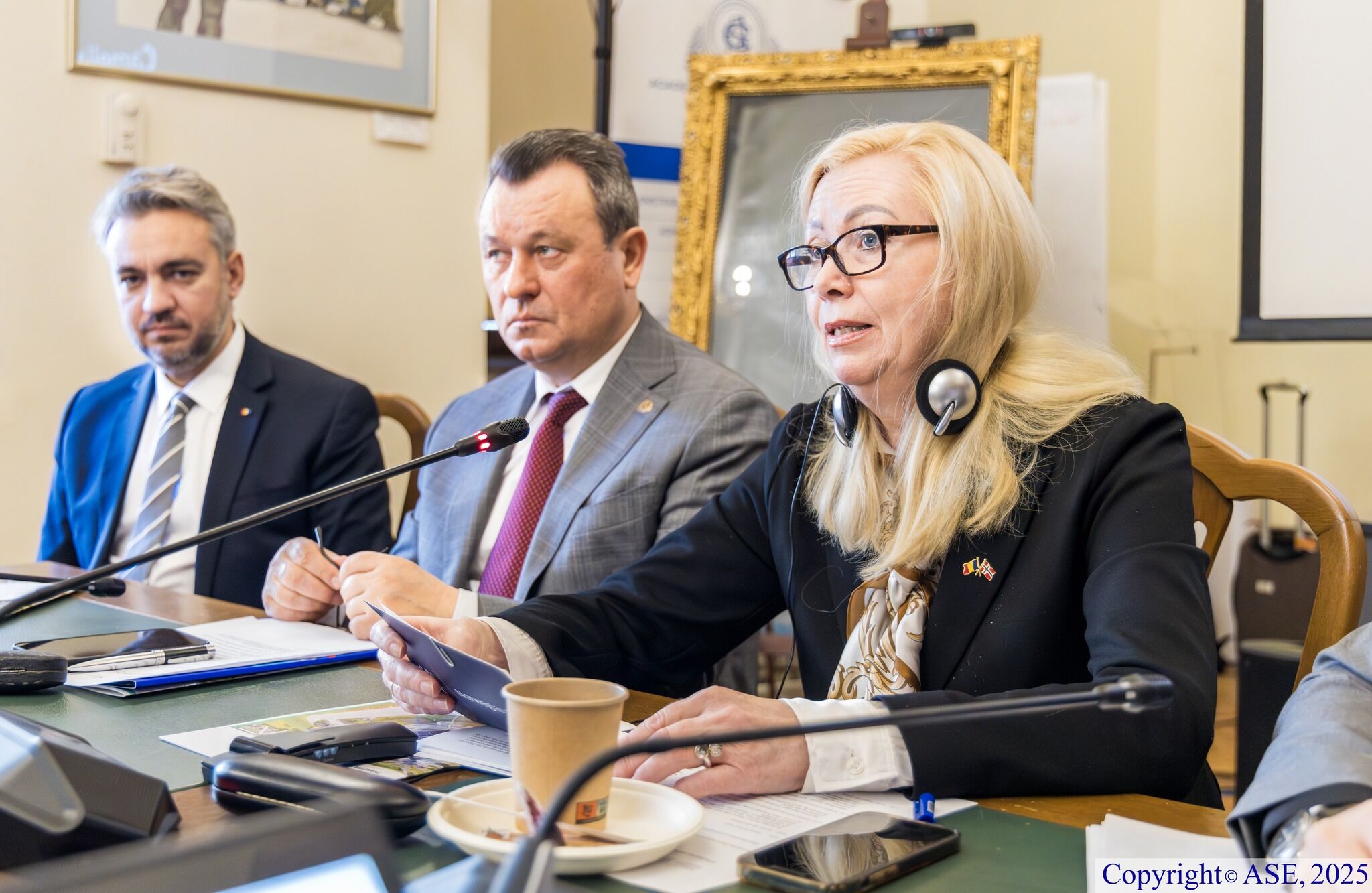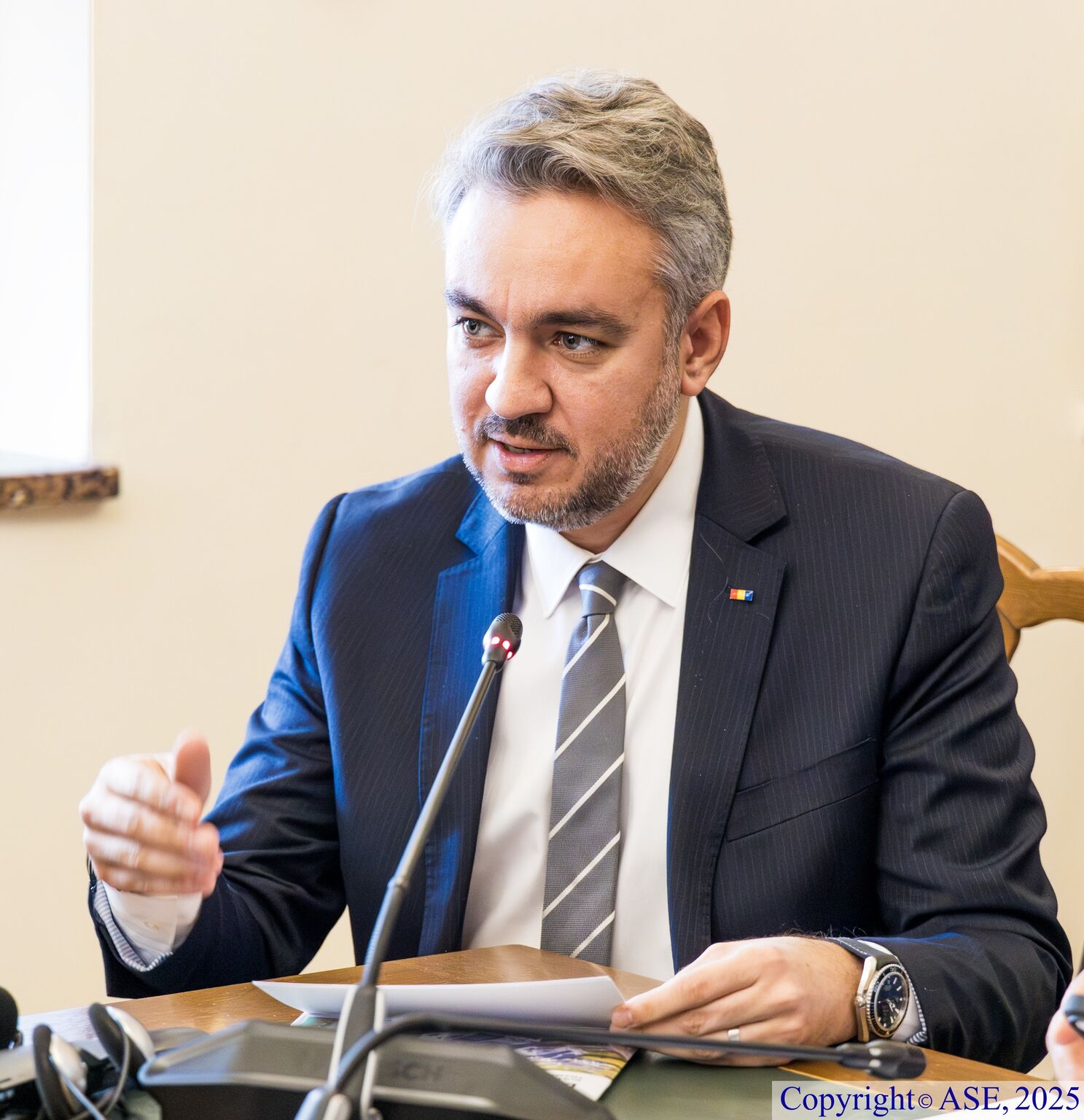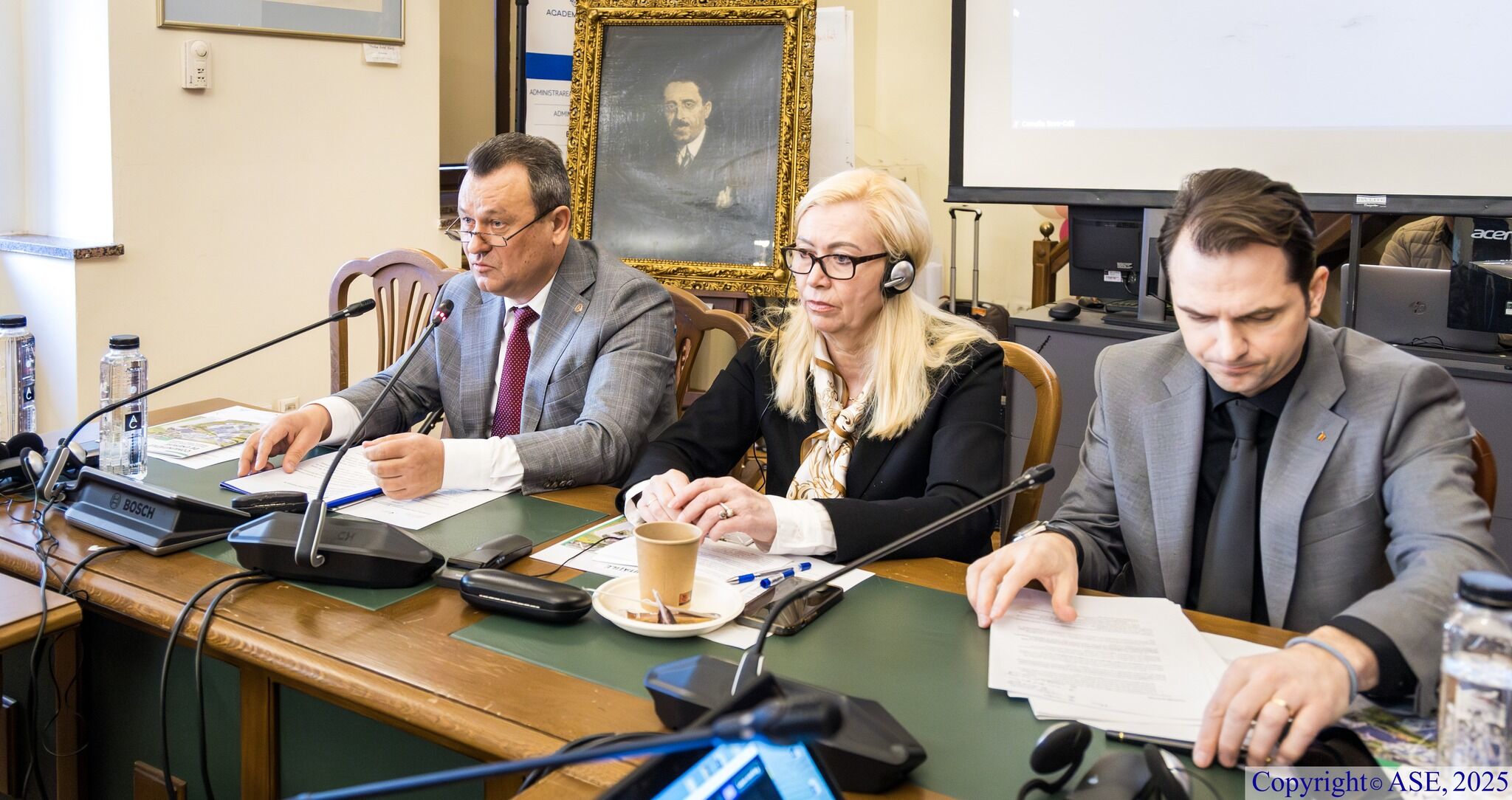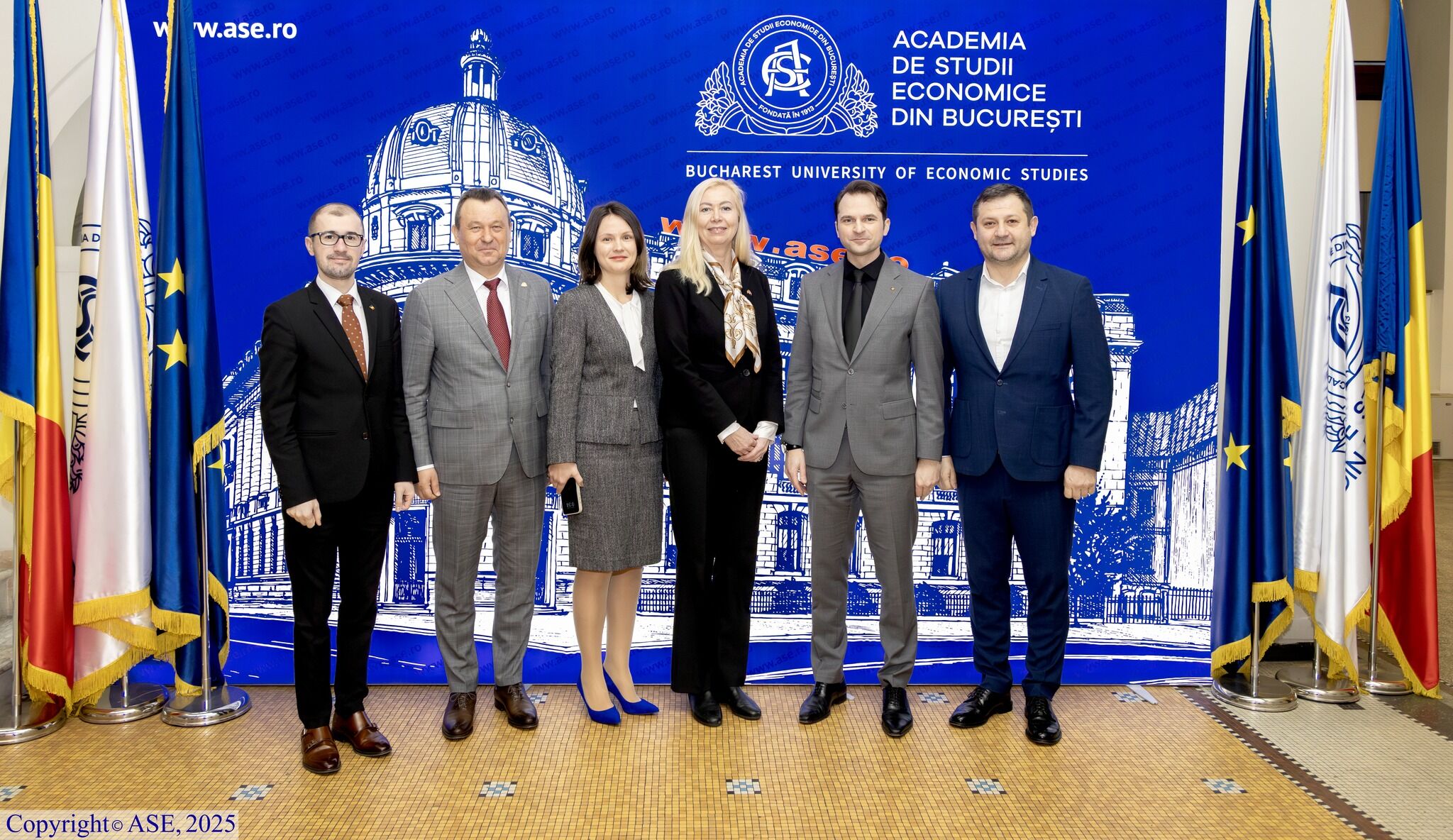Energy communities enable collective and citizen-driven energy actions to support the clean energy transition. Energy communities allow local communities to join forces and invest in clean energy. Typically, it is a form of collective self-production and self-consumption of renewable energy. the REPowerEU Plan put forward the shared political objective of achieving 1 energy community per municipality with a population of more than 10 000 by 2025. in 2019, the EU introduced the concept of energy communities in its legislation for the first time, notably as citizen energy communities and renewable energy communities.
During August 2024 – January 2025, an international consortium of research institutions, local public authorities, SMEs and start-ups, coordinated by the Bucharest University of Economic Studies undertook an applied research project with the objective of strengthening the cooperation and increasing mutual knowledge between 6 partners from Romania and Smart Innovation Norway, by developing standardized and feasible models for the foundation and acceleration of energy communities, during the entire project implementation (5 months) and beyond its finalization.
Activities and outputs:
- One two-day bilateral knowledge sharing workshop in Alba Iulia to strengthen collaboration between Romanian and Norwegian partners within the EMERGE consortium, focusing on energy communities
- A technical and policy report on “Energy Communities in Norway, Case Studies and Best Practices – Report.”, drafted by Smart Innovation Norway, emphasizing insights on organizational forms, operational principles, and best practices of Norwegian energy communities and cooperatives.
- A comprehensive database regarding the energy behavior and consumption of end users and the basic characteristics of households in the three communities targeted by the project (Buteni, Crucea, Alba Iulia). The database was put together by aggregating statistical data and by applying in person 400 complex questionnaire, gauging the willigness of citizens to engage in an energy community.
- Three technical studies describing technical models for Energy Communities tailored to the EMERGE pilot cases. The studies assessed the infrastructure requirements and potential technological solutions for establishing energy communities in the targeted pilot sites. Each study also comprised a tailored Net Virtual Metering solution, which can be scaled nationally in order to enable the development of energy communities.
- Three economic studies (one for each targeted municipality) examining the financial viability and potential economic benefits of implementing energy communities within the targeted cities and municipalities. The analyses building 5-7 scenarios/ community, looking into the costs associated with renewable energy infrastructure, energy production, and operational expenses and identifying potential revenue streams and cost-saving opportunities.
- A communications toolkit on energy communities consisting in three outputs: a brochure for national decision-makers on supporting the development of energy communities in Romania, a brochure for local mayors how to engage the community in setting up an energy community and a brochure for citizens who want to start such a project in their community.
Project Director: Lecturer, PhD., Corina Murafa Benga
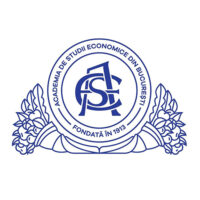 Bucharest University of Economic Studies, Consortium Coordinator
Bucharest University of Economic Studies, Consortium Coordinator
ASE Bucharest – the Bucharest University of Economic Studies – is one of the most prestigious higher education institutions in Romania and in South-Eastern Europe, with a tradition of over a century in training specialists in economics, finance, administration, and international relations. Founded in 1913, ASE has developed into a leading academic center of excellence, bringing together diverse faculties covering fields such as economics, management, marketing, accounting, business informatics, and administrative sciences. Recognized for the quality of its bachelor’s, master’s, and doctoral programs, as well as for its rigorous scientific research, ASE has partnerships with numerous universities and international institutions. Its campus, located in the heart of Bucharest, blends architectural tradition with modern infrastructure, offering students a stimulating environment for learning, professional development, and engagement in academic and civic life.
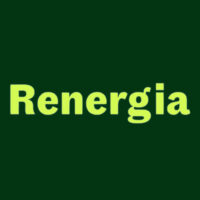 Energy Advisor (Renergia), Partner
Energy Advisor (Renergia), Partner
Renergia is a Romanian technology startup, launched in 2023 by a team of researchers and academics from the Technical University of Cluj-Napoca. Through its pioneering sustainability mobile app, Renergia analyzes residential energy consumption (electric and thermal), estimates costs, and provides smart recommendations—from efficient lighting and modern appliances to thermal insulation and photovoltaic system sizing—making it possible to reduce bills by up to 30%. Based on proprietary algorithms combining statistics, probability, and artificial intelligence, the startup leverages academic excellence and technology transfer from UTCN and is preparing to expand with B2B solutions for buildings and industry, promoting the transition to clean energy.
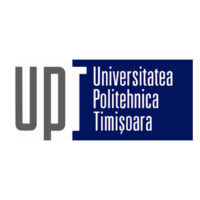 Politehnica University of Timișoara
Politehnica University of Timișoara
Politehnica University of Timișoara is one of the oldest and most prestigious technical higher education institutions in Romania, founded in 1920 with the mission of training engineers and specialists competitive both nationally and internationally. With over a century of tradition, UPT brings together faculties and programs covering a wide range of fields in engineering, architecture, and applied sciences, being recognized for its academic excellence and its contribution to the industrial and technological development of Western Romania. The university maintains strong partnerships with the business environment and prestigious universities abroad, carries out innovative research projects, and offers students modern infrastructure, a vibrant campus, and multiple opportunities for professional growth and international engagement.
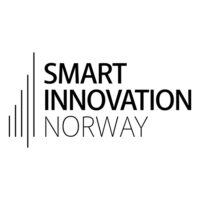 Smart Innovation Norway
Smart Innovation Norway
Smart Innovation Norway is a renowned non-profit research and innovation organization based in Halden, Norway, operating across the Nordics to bridge research, commercialization, and societal impact. With over two decades of experience, it supports businesses and public institutions through networks, expertise, and funding—particularly in energy transition and applied artificial intelligence. The organization leads large-scale initiatives such as Smart Energy and AI clusters, fosters sustainable innovation through incubators and testbed environments, and manages EU and national research projects worth hundreds of millions of euros. By mobilizing innovation ecosystems and digital infrastructure, Smart Innovation Norway drives the green shift, cultivates new sustainable business models, and scales smart solutions across communities and industry.
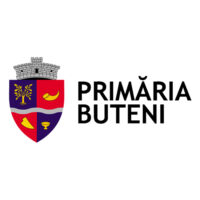 Buteni Commune
Buteni Commune
Buteni Commune, located in the north-east of Arad County, in the Crișul Alb basin and at the foothills of the Cuied Hills, is made up of the villages of Buteni, Berindia, Cuied, and Păulian, with a population of approximately 3,260 inhabitants. Documented as early as the 14th century, the commune preserves an authentic rural character, based on agriculture, animal husbandry, traditional crafts, and tourism potential. The Buteni Town Hall coordinates ambitious projects for local development, ranging from infrastructure modernization and the creation of bicycle paths to investments in green energy, such as photovoltaic plants, self-consumption systems, and energy storage solutions. These initiatives contribute to reducing carbon emissions, strengthening the community’s energy independence, and attracting European and national funds, while engaging the entire population around a sustainable vision for the future.
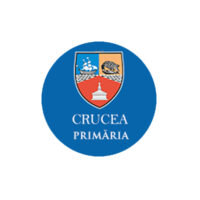 Crucea Commune
Crucea Commune
Crucea Commune is located in the northern part of Constanța County, in Northern Dobruja, and consists of six villages: Crucea (administrative center), Băltăgești, Crișan, Gălbiori, Stupina, and Șiriu. It covers an area of 238 km² and has a population of about 3,010 inhabitants (2021 census). Situated in the Dobruja Plateau, the commune is characterized by a varied landscape with fertile meadows, agricultural land suited for vegetable cultivation and haymaking, as well as a temperate-continental climate specific to the region. The Crucea Town Hall focuses on modernizing and digitalizing public services, ensuring transparency by providing online access to budgets, forms, announcements, and reports, thus facilitating communication and encouraging community involvement in local decision-making.
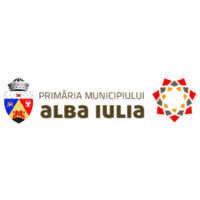 Alba Iulia Municipality
Alba Iulia Municipality
Alba Iulia, the capital of Alba County in west-central Romania, is a historic city located on the Mureș River in Transylvania. With origins dating back to the Roman settlement of Apulum, the city later became the capital of the Principality of Transylvania and is best known as the place where the Union of Transylvania with Romania was proclaimed on December 1, 1918. Today, Alba Iulia is renowned for its star-shaped Alba Carolina fortress, a landmark of military architecture and cultural heritage. The Alba Iulia City Hall coordinates ambitious projects aimed at sustainable urban development, from the pioneering “Alba Iulia Smart City” program and EU-funded innovation initiatives to large-scale urban regeneration, digitalization of public services, and heritage conservation, positioning the city as a national model of modern, citizen-focused governance.
Technical Feasibility Studies
- Technical Feasibility Studies on Energy Communities in Romania – Alba Iulia
- Technical Feasibility Studies on Energy Communities in Romania – Buteni
- Technical Feasibility Studies on Energy Communities in Romania – Crucea
Socioeconomic Analyses
- Socioeconomic Analysis – Energy Community Alba Iulia
- Socioeconomic Analysis – Energy Community Buteni
- Socioeconomic Analysis – Energy Community Crucea
Reports
August 29, 2025
Energy communities enable collective and citizen-driven energy actions to support the clean energy transition. Energy communities allow local communities to join forces and invest in clean energy. Typically, it is a form of collective self-production and self-consumption of renewable energy. the REPowerEU Plan put forward the shared political objective of achieving 1 energy community per municipality with a population of more than 10 000 by 2025. in 2019, the EU introduced the concept of energy communities in its legislation for the first time, notably as citizen energy communities and renewable energy communities.
During August 2024 – January 2025, an international consortium of research institutions, local public authorities, SMEs and start-ups, coordinated by the Bucharest University of Economic Studies undertook an applied research project with the objective of strengthening the cooperation and increasing mutual knowledge between 6 partners from Romania and Smart Innovation Norway, by developing standardized and feasible models for the foundation and acceleration of energy communities, during the entire project implementation (5 months) and beyond its finalization.
Activities and outputs:
- One two-day bilateral knowledge sharing workshop in Alba Iulia to strengthen collaboration between Romanian and Norwegian partners within the EMERGE consortium, focusing on energy communities
- A technical and policy report on “Energy Communities in Norway, Case Studies and Best Practices – Report.”, drafted by Smart Innovation Norway, emphasizing insights on organizational forms, operational principles, and best practices of Norwegian energy communities and cooperatives.
- A comprehensive database regarding the energy behavior and consumption of end users and the basic characteristics of households in the three communities targeted by the project (Buteni, Crucea, Alba Iulia). The database was put together by aggregating statistical data and by applying in person 400 complex questionnaire, gauging the willigness of citizens to engage in an energy community.
- Three technical studies describing technical models for Energy Communities tailored to the EMERGE pilot cases. The studies assessed the infrastructure requirements and potential technological solutions for establishing energy communities in the targeted pilot sites. Each study also comprised a tailored Net Virtual Metering solution, which can be scaled nationally in order to enable the development of energy communities.
- Three economic studies (one for each targeted municipality) examining the financial viability and potential economic benefits of implementing energy communities within the targeted cities and municipalities. The analyses building 5-7 scenarios/ community, looking into the costs associated with renewable energy infrastructure, energy production, and operational expenses and identifying potential revenue streams and cost-saving opportunities.
- A communications toolkit on energy communities consisting in three outputs: a brochure for national decision-makers on supporting the development of energy communities in Romania, a brochure for local mayors how to engage the community in setting up an energy community and a brochure for citizens who want to start such a project in their community.
Project Director: Lecturer, PhD., Corina Murafa Benga
 Bucharest University of Economic Studies, Consortium Coordinator
Bucharest University of Economic Studies, Consortium Coordinator
ASE Bucharest – the Bucharest University of Economic Studies – is one of the most prestigious higher education institutions in Romania and in South-Eastern Europe, with a tradition of over a century in training specialists in economics, finance, administration, and international relations. Founded in 1913, ASE has developed into a leading academic center of excellence, bringing together diverse faculties covering fields such as economics, management, marketing, accounting, business informatics, and administrative sciences. Recognized for the quality of its bachelor’s, master’s, and doctoral programs, as well as for its rigorous scientific research, ASE has partnerships with numerous universities and international institutions. Its campus, located in the heart of Bucharest, blends architectural tradition with modern infrastructure, offering students a stimulating environment for learning, professional development, and engagement in academic and civic life.
 Energy Advisor (Renergia), Partner
Energy Advisor (Renergia), Partner
Renergia is a Romanian technology startup, launched in 2023 by a team of researchers and academics from the Technical University of Cluj-Napoca. Through its pioneering sustainability mobile app, Renergia analyzes residential energy consumption (electric and thermal), estimates costs, and provides smart recommendations—from efficient lighting and modern appliances to thermal insulation and photovoltaic system sizing—making it possible to reduce bills by up to 30%. Based on proprietary algorithms combining statistics, probability, and artificial intelligence, the startup leverages academic excellence and technology transfer from UTCN and is preparing to expand with B2B solutions for buildings and industry, promoting the transition to clean energy.
 Politehnica University of Timișoara
Politehnica University of Timișoara
Politehnica University of Timișoara is one of the oldest and most prestigious technical higher education institutions in Romania, founded in 1920 with the mission of training engineers and specialists competitive both nationally and internationally. With over a century of tradition, UPT brings together faculties and programs covering a wide range of fields in engineering, architecture, and applied sciences, being recognized for its academic excellence and its contribution to the industrial and technological development of Western Romania. The university maintains strong partnerships with the business environment and prestigious universities abroad, carries out innovative research projects, and offers students modern infrastructure, a vibrant campus, and multiple opportunities for professional growth and international engagement.
 Smart Innovation Norway
Smart Innovation Norway
Smart Innovation Norway is a renowned non-profit research and innovation organization based in Halden, Norway, operating across the Nordics to bridge research, commercialization, and societal impact. With over two decades of experience, it supports businesses and public institutions through networks, expertise, and funding—particularly in energy transition and applied artificial intelligence. The organization leads large-scale initiatives such as Smart Energy and AI clusters, fosters sustainable innovation through incubators and testbed environments, and manages EU and national research projects worth hundreds of millions of euros. By mobilizing innovation ecosystems and digital infrastructure, Smart Innovation Norway drives the green shift, cultivates new sustainable business models, and scales smart solutions across communities and industry.
 Buteni Commune
Buteni Commune
Buteni Commune, located in the north-east of Arad County, in the Crișul Alb basin and at the foothills of the Cuied Hills, is made up of the villages of Buteni, Berindia, Cuied, and Păulian, with a population of approximately 3,260 inhabitants. Documented as early as the 14th century, the commune preserves an authentic rural character, based on agriculture, animal husbandry, traditional crafts, and tourism potential. The Buteni Town Hall coordinates ambitious projects for local development, ranging from infrastructure modernization and the creation of bicycle paths to investments in green energy, such as photovoltaic plants, self-consumption systems, and energy storage solutions. These initiatives contribute to reducing carbon emissions, strengthening the community’s energy independence, and attracting European and national funds, while engaging the entire population around a sustainable vision for the future.
 Crucea Commune
Crucea Commune
Crucea Commune is located in the northern part of Constanța County, in Northern Dobruja, and consists of six villages: Crucea (administrative center), Băltăgești, Crișan, Gălbiori, Stupina, and Șiriu. It covers an area of 238 km² and has a population of about 3,010 inhabitants (2021 census). Situated in the Dobruja Plateau, the commune is characterized by a varied landscape with fertile meadows, agricultural land suited for vegetable cultivation and haymaking, as well as a temperate-continental climate specific to the region. The Crucea Town Hall focuses on modernizing and digitalizing public services, ensuring transparency by providing online access to budgets, forms, announcements, and reports, thus facilitating communication and encouraging community involvement in local decision-making.
 Alba Iulia Municipality
Alba Iulia Municipality
Alba Iulia, the capital of Alba County in west-central Romania, is a historic city located on the Mureș River in Transylvania. With origins dating back to the Roman settlement of Apulum, the city later became the capital of the Principality of Transylvania and is best known as the place where the Union of Transylvania with Romania was proclaimed on December 1, 1918. Today, Alba Iulia is renowned for its star-shaped Alba Carolina fortress, a landmark of military architecture and cultural heritage. The Alba Iulia City Hall coordinates ambitious projects aimed at sustainable urban development, from the pioneering “Alba Iulia Smart City” program and EU-funded innovation initiatives to large-scale urban regeneration, digitalization of public services, and heritage conservation, positioning the city as a national model of modern, citizen-focused governance.
Technical Feasibility Studies
- Technical Feasibility Studies on Energy Communities in Romania – Alba Iulia
- Technical Feasibility Studies on Energy Communities in Romania – Buteni
- Technical Feasibility Studies on Energy Communities in Romania – Crucea
Socioeconomic Analyses
- Socioeconomic Analysis – Energy Community Alba Iulia
- Socioeconomic Analysis – Energy Community Buteni
- Socioeconomic Analysis – Energy Community Crucea
